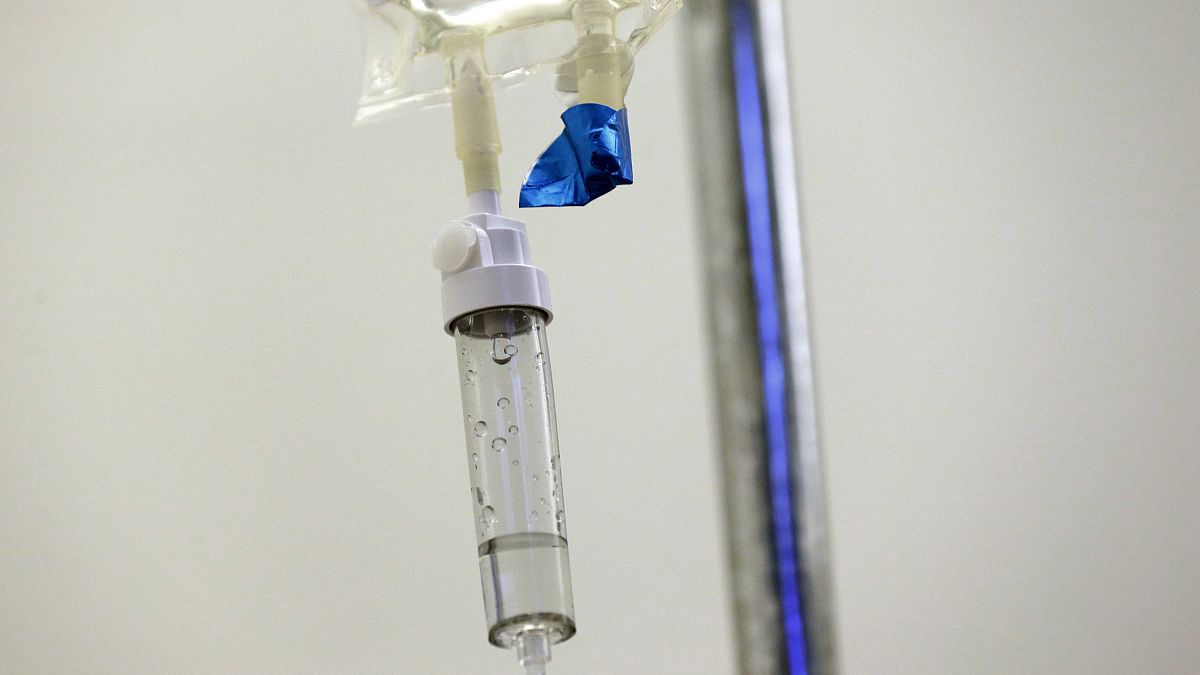Multiple studies showed that less intensive treatment may lead to better outcomes. Some cancer patients may have better outcomes with less intensive treatment, according to several new studies. Research presented at the American Society of Clinical Oncology conference in Chicago looked at ovarian and oesophageal cancer and Hodgkin lymphoma.
It's part of a trend of studying whether less surgery, chemotherapy, and radiation can help patients to live longer and feel better. Decades ago, cancer research was instead about doing more, but researchers are now asking if all the treatment is needed. Often, doing less works because of improved drugs.

"The good news is that cancer treatment is not only becoming more effective, it’s becoming easier to tolerate and associated with less short-term and long-term complications," said Dr William Nelson of Johns Hopkins School of Medicine, who was also not involved in the new research. French researchers, for instance, found that patients with advanced ovarian cancer could avoid having their lymph nodes removed without it impacting their survival outcomes. The study compared the results for 379 patients.
Half had their lymph nodes removed and half did not. There was no difference after nine years in how long the patients lived and those with less-extreme surgery had fewer complications, such as the need for blood transfusions. The research was funded by the National Institute of Cancer in France.
A German study looked at 438 people with a ty.























